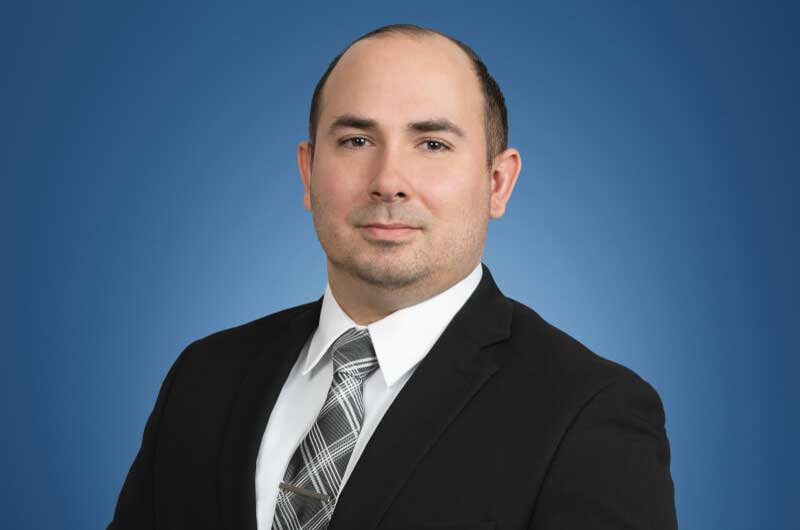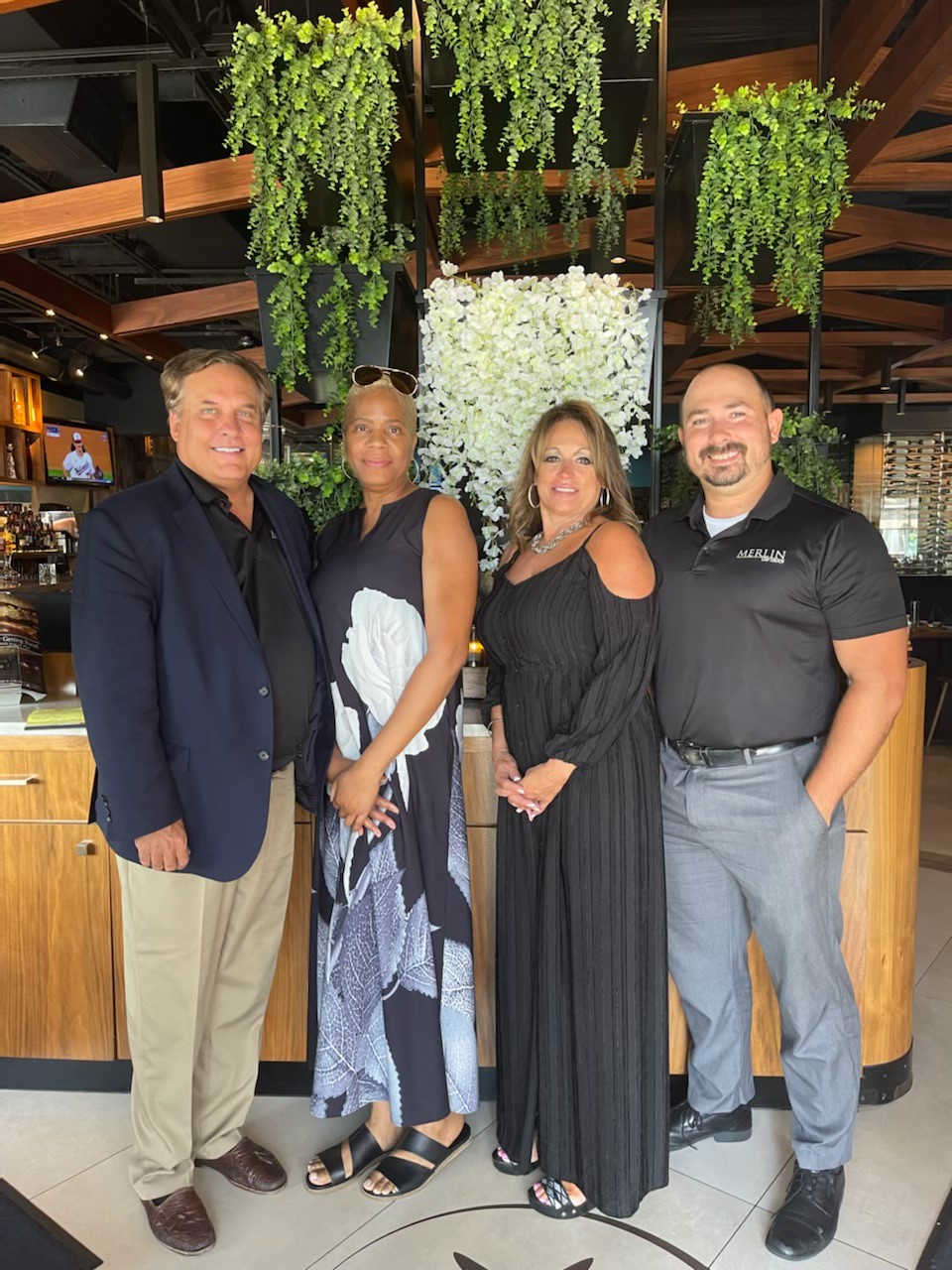My father always gave me good advice. One thing he told me that I will never forget is to think before you speak. This is a lesson some insurance adjusters need to learn; and some may learn the hard way. Throughout the claims process, a few simple words could have a significant impact on a case and potentially open up an insurance carrier to a bad faith claim.
Yesterday, I had a conversation with an adjuster on one of my client’s cases. I explained we would be submitting additional information concerning decking and fencing that sustained damage in Hurricane Sandy. Without hesitation, the adjuster told me he considered them damaged by an excluded cause of loss under the policy. This was before the adjuster knew which portions of decking and fencing on this multilevel property I was speaking about. He likewise did not know the nature and extent of the damage we would claim.
Similarly, I recently spoke with a public adjuster handling a commercial claim from Hurricane Sandy. When the carrier’s adjuster arrived for the site inspection, the first words out of his mouth were that he would not pay a business personal property claim or business interruption claim. Again, this was before the adjuster even viewed the totality of the damage. While an adjuster’s first instinct might be to find any reason for denial, voicing that intention before receiving and reviewing a claim is a terrible business practice.
The New Jersey Supreme Court held in Picket v. Lloyd’s1 that to avoid a bad faith claim, an insurance carrier’s seemingly bad faith actions must be “fairly debatable” Id. at 473. It is axiomatic that for a carrier’s position on a claim to be “fairly debatable,” it must know the basis for the claim itself. Blanket denials without investigation – or even receipt of a claim — will provide excellent evidence of bad faith.
Just like Dad advised, these adjusters would be well served to think of the ramifications of their words before they speak.




